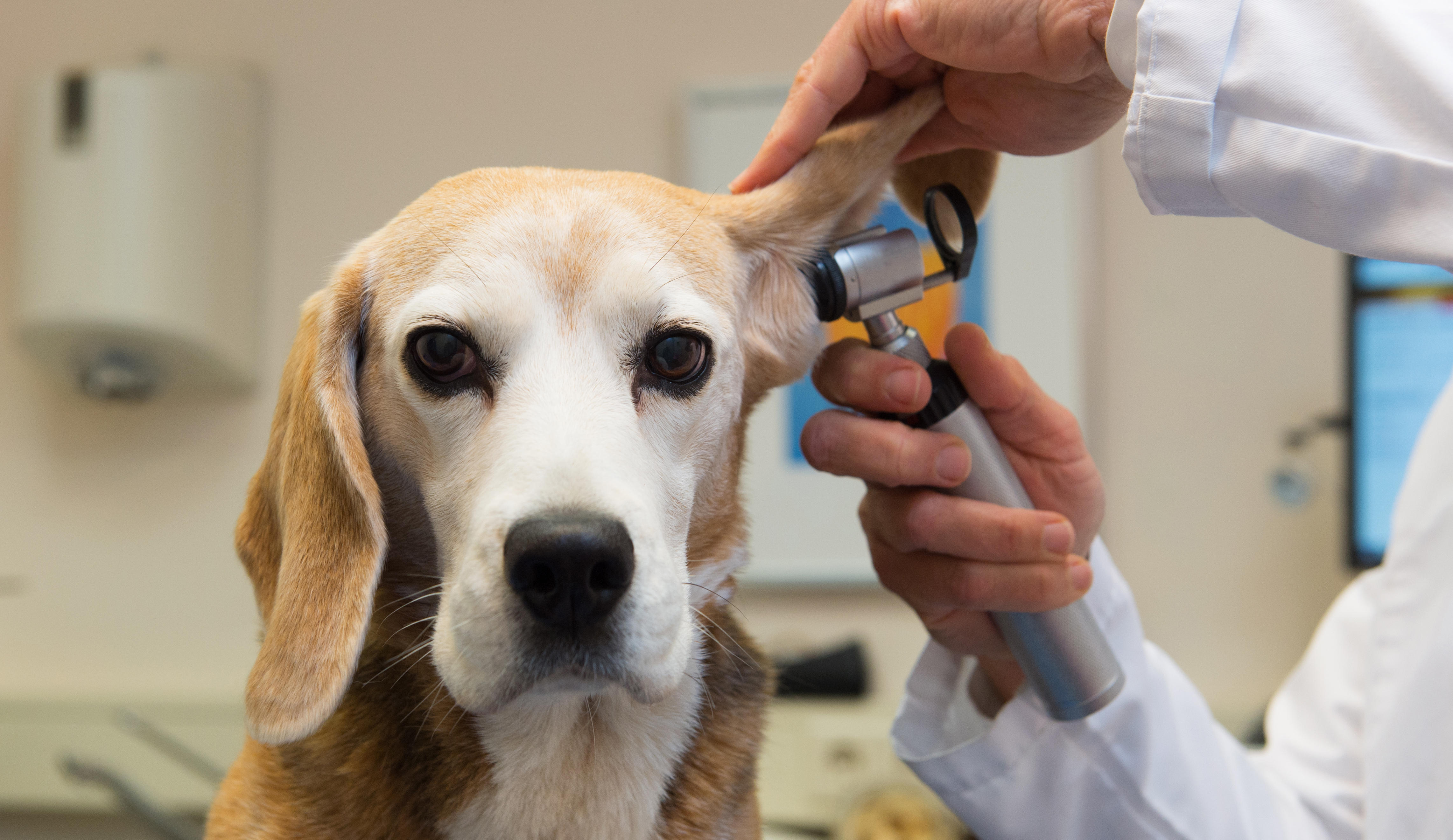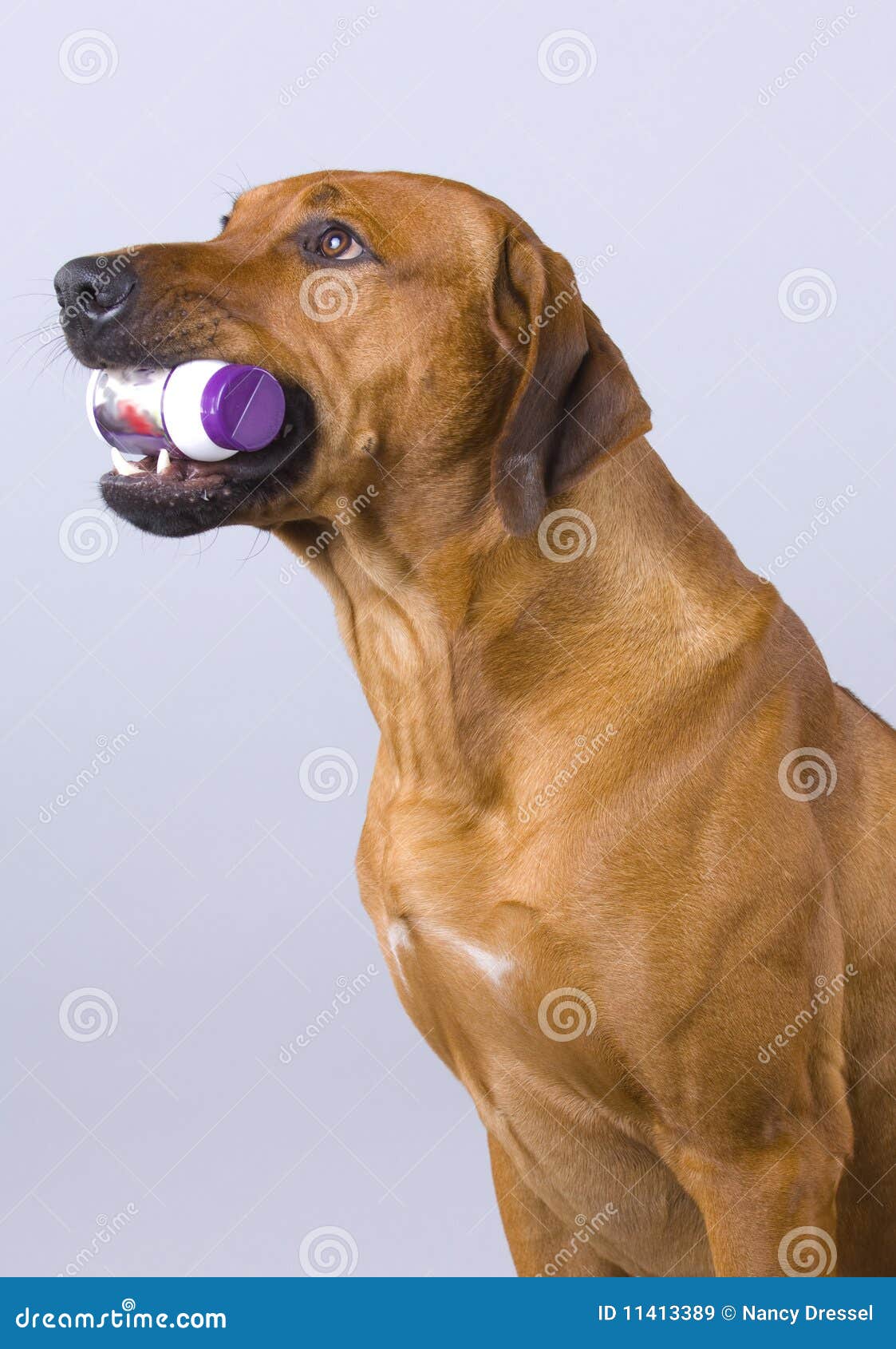
Introduction
Ensuring the health and well-being of your furry friend is essential for a happy and fulfilling life together. From providing proper nutrition to regular exercise and veterinary care, there are various aspects to consider when it comes to dog health.

Proper Nutrition
Feeding your dog a balanced and nutritious diet is crucial for maintaining their overall health. A well-balanced diet should consist of high-quality protein, healthy fats, carbohydrates, vitamins, and minerals. Consult with your veterinarian to determine the best diet plan for your dog's specific needs.

Exercise and Mental Stimulation
Regular exercise is vital for keeping your dog physically fit and mentally stimulated. Engage in activities such as daily walks, playtime, and interactive toys to provide mental stimulation and prevent behavioral issues.

Grooming and Hygiene
Maintaining proper grooming and hygiene practices is crucial for your dog's health. Regularly brush their coat, trim nails, clean their ears, and brush their teeth to prevent dental issues and infections. Additionally, ensure regular bathing to keep their skin clean and free from irritations.

Veterinary Care
Regular visits to the veterinarian are essential for preventive care and early detection of any potential health issues. Vaccinations, deworming, flea and tick prevention, and routine check-ups are crucial to maintaining your dog's overall well-being.

Disease Prevention
Preventing diseases is an important aspect of dog health. Ensure your dog receives all necessary vaccinations, including rabies, distemper, parvovirus, and others recommended by your veterinarian. Additionally, protect them from parasites like fleas, ticks, and heartworms through appropriate preventive medications.

Common Health Issues
While taking preventive measures, it's crucial to be aware of common health issues that can affect dogs. These may include allergies, skin problems, dental diseases, obesity, arthritis, and more. Regularly observe and monitor your dog's behavior and consult with your veterinarian if you notice any concerning symptoms.

Spaying and Neutering
Consider spaying or neutering your dog, as it not only prevents unwanted pregnancies but also offers various health benefits. Spaying females eliminates the risk of uterine infections and breast tumors, while neutering males reduces the risk of testicular cancer and prostate problems.

Age-Related Care
As your dog ages, their care requirements may change. Senior dogs may require a different diet, more frequent veterinary visits, and additional supplements to support joint health. Provide them with a comfortable and safe environment that accommodates their mobility limitations.

Dental Health
Oral hygiene is crucial for your dog's overall health. Brush their teeth regularly with pet-specific toothpaste and provide dental chews or toys to promote dental health. Regular dental check-ups and cleanings by a veterinarian are also essential in preventing dental diseases.

Recognizing Signs of Illness
It's important to be able to recognize signs of illness in your dog. Common indicators include changes in appetite, weight loss or gain, lethargy, excessive thirst, diarrhea or vomiting, coughing, sneezing, or difficulty breathing. If you notice any abnormal behaviors or symptoms, consult your veterinarian promptly.

Stress and Anxiety
Dogs can experience stress and anxiety, which can affect their overall well-being. Provide a safe and secure environment, establish a routine, and offer mental stimulation to help alleviate anxiety. If necessary, consult with a professional trainer or veterinarian for further guidance.

Traveling with Your Dog
If you plan to travel with your dog, ensure their health and safety during the journey. Use appropriate restraints or carriers, carry essential supplies, and consult with your veterinarian regarding any vaccinations or preventive medications required for the travel destination.

Conclusion
Prioritizing your dog's health is crucial for their overall well-being and happiness. By providing proper nutrition, regular exercise, grooming, veterinary care, and disease prevention, you can ensure a long and fulfilling life for your furry companion.